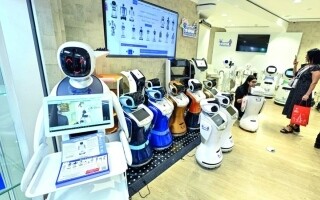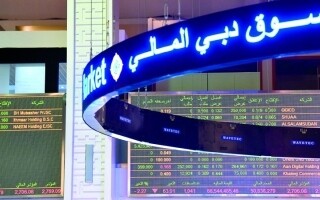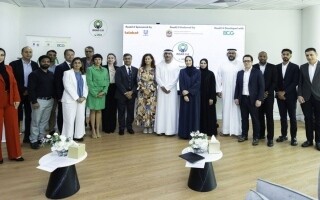
Economic experts called for the provision of additional incentives and benefits for local and international companies investing in future sectors, especially in industries dependent on advanced technologies and artificial intelligence. They noted that among such incentives, priority should be given to government tenders, tax benefits, incentives for salary payments, reducing costs for attracting qualified labor, as well as opening opportunities for acquiring industrial land and renting them under favorable conditions.
They emphasized that the UAE government is focused on becoming an important center for technology and industry, with particular attention to supporting sectors that contribute to diversification of the economy, creating jobs and ensuring sustainable development, especially in industries, particularly on technologies and innovations.
Experts highlighted that the proposed incentives, including logistical and material support, help companies in the short term and provide modern technologies, from which citizens and residents benefit over medium and long-term periods. Many sectors in the UAE need additional incentives, such as government grants and tax benefits.
Economist Dr. Ali Al Ameri called for the provision of larger incentives for local companies investing in future sectors, noting that similar incentives, including priority in government tenders, should be provided to sectors, such as advanced technologies, renewable energy, and automobiles. He also pointed out that many sectors in the UAE deserve incentives, such as government assistance and tax benefits.
Al Ameri emphasized that the UAE focuses on supporting sectors that contribute to diversifying the economy, creating jobs and sustainable development, especially in sectors that rely on technology and innovation, as well as in the transition to renewable energy and supporting natural security.
Al Ameri also expressed confidence that the UAE possesses advanced and contemporary infrastructure, experience, and skills in many sectors, such as automotive industry, logistics, and design.
Economist Ali Al Hamudi also called for the provision of additional incentives for companies investing in future sectors, such as tax benefits, government grants, and diligent support for wage payments.
Al Hamudi pointed out that these incentives are essential, especially in modern technological sectors that rely on artificial intelligence and sectors, including space, robotics, electronics, which represent "the future of oil" and play an important role in developing various sectors, such as healthcare, aviation, automotive, and energy.
He emphasized that these incentives, including logistical and material support, help companies in a short-term perspective, and also bring forth advanced technologies, allowing citizens and residents to benefit over medium and long-term periods. Al Hamudi stresses the importance of having partnerships for the transfer and exchange of technologies with major local companies, whether governmental or private, to stimulate foreign leading companies in these sectors for intensive investments in the country, which will help many economists in development, similar to the Chinese economy.
Al Hamudi calls for a shift in the view of human resources, noting that large economies in Asia, especially, are built on qualified labor, experienced professionals receiving high salaries, allowing them to lead a prosperous life. In the context of presenting world variants, Ali Hamudi calls for the presentation of larger incentives for companies investing in future sectors, focusing on advanced technologies and innovations.













